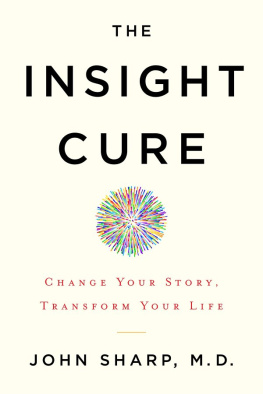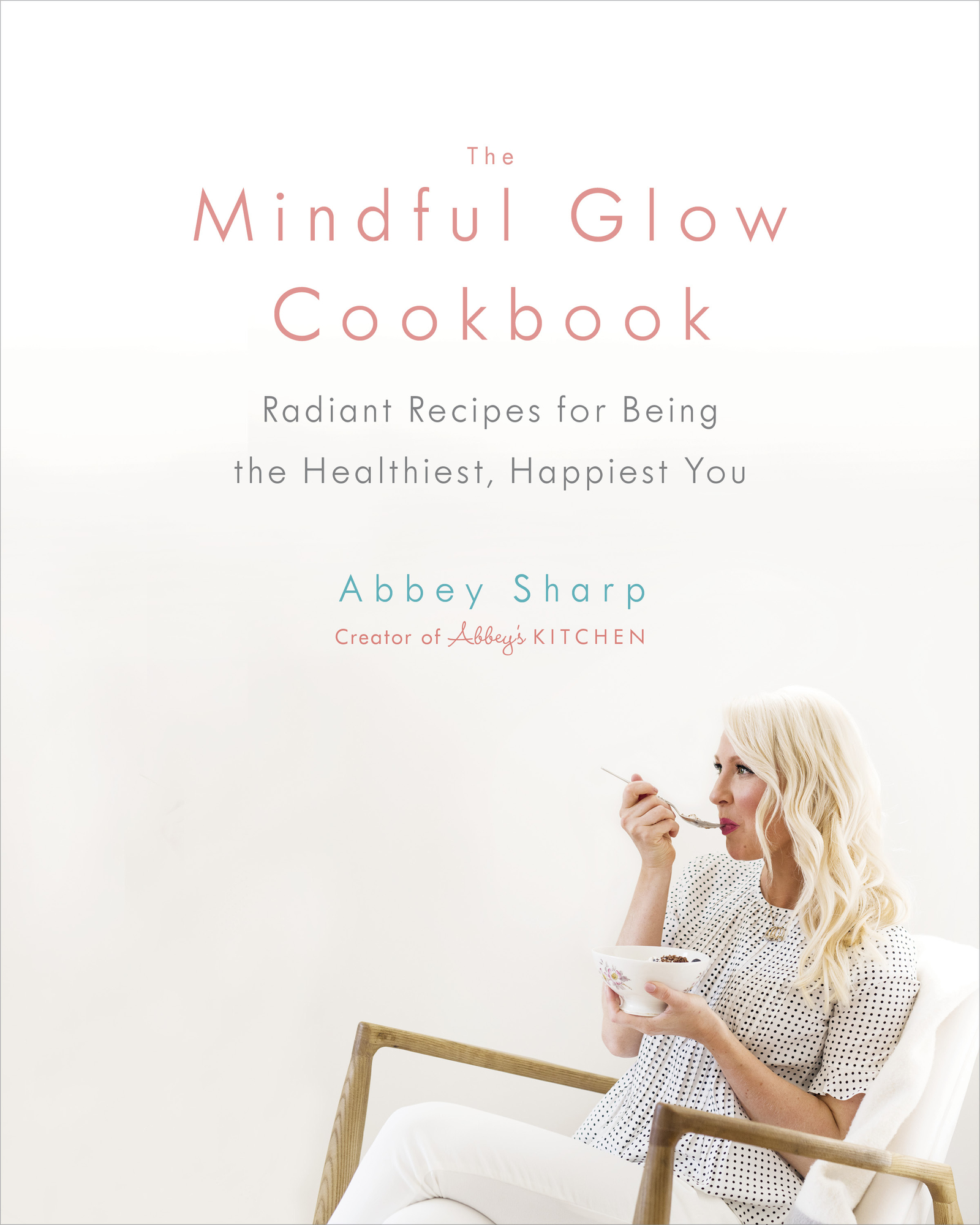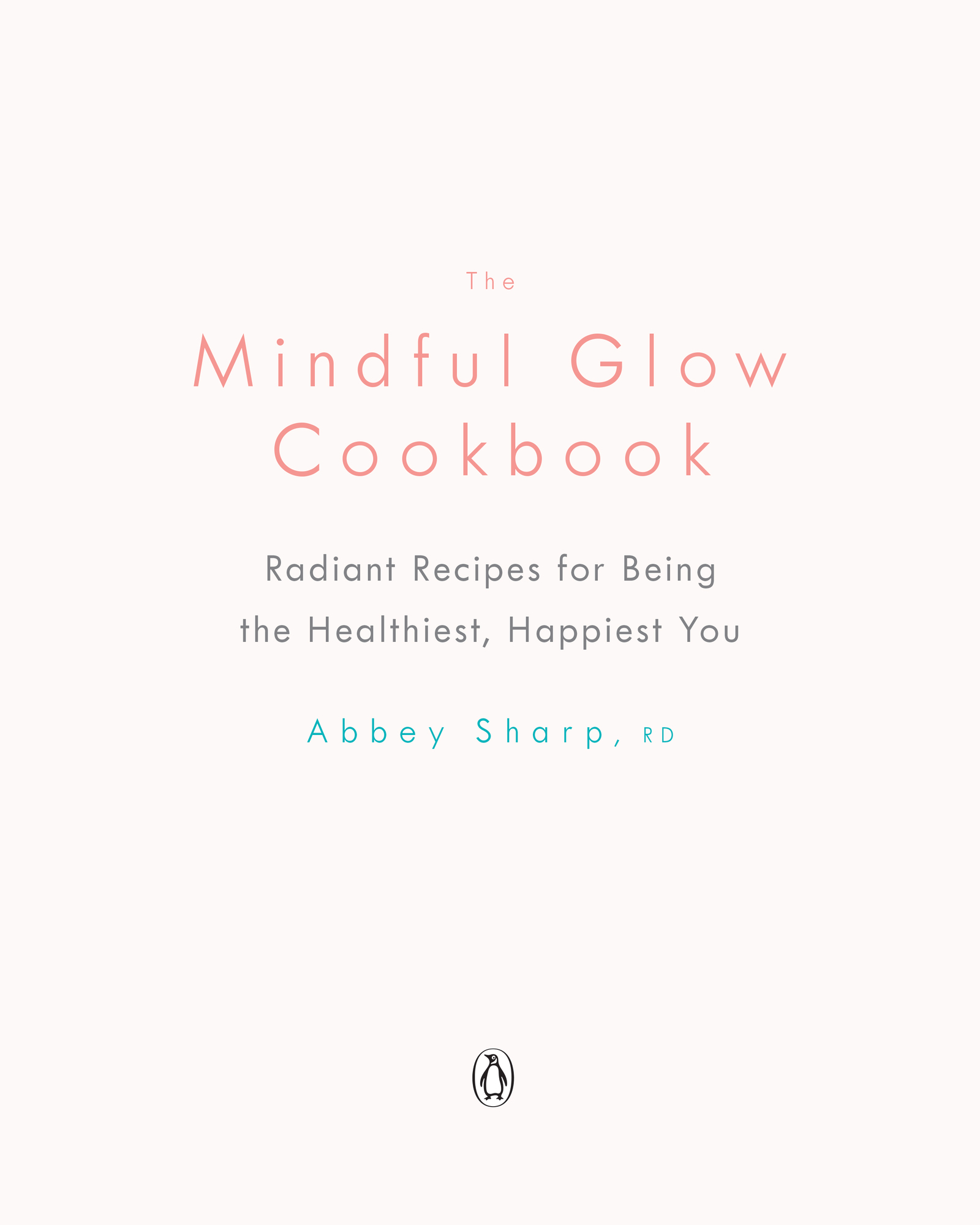Contents
PENGUIN
an imprint of Penguin Canada, a division of Penguin Random House Canada Limited
Canada USA UK Ireland Australia New Zealand India South Africa China
First published 2018
Copyright 2018 by Abbey Sharp
All rights reserved. Without limiting the rights under copyright reserved above, no part of this publication may be reproduced, stored in or introduced into a retrieval system, or transmitted in any form or by any means (electronic, mechanical, photocopying, recording or otherwise), without the prior written permission of both the copyright owner and the above publisher of this book.
www.penguinrandomhouse.ca
LIBRARY AND ARCHIVES CANADA CATALOGUING IN PUBLICATION
Sharp, Abbey, author
The mindful glow cookbook : radiant recipes for being the healthiest, happiest you / Abbey Sharp.
Issued in print and electronic formats.
ISBN 9780735234017 (hardcover).ISBN 9780735234024 (electronic)
1. Cooking. 2. Cookbooks. I. Title.
TX714.S447 2018641.5C2017-907395-8
C2017-907396-6
Cover by Jennifer Lum
Ebook design adapted from printed book design by Jennifer Lum
Cover images and interior photography by Kyla Zanardi
Food styling by Dara Sutin
Prop styling by Kyla Zanardi and Dara Sutin
Stylist assistance by Houstin Mausner
v5.3.2
a
Contents
Introduction
Life is about relationships, and we all obsess over cultivating the best. The rock-solid marriage. The best friend. The mother-daughter bond. But in the process of trying to be domestic superheroes, weve forgotten how to nourish the one relationship that we will never be able to divorce: our relationship with food. Lets face itits pretty messy. Like Jerry Springer bad. Weve all tried at least one buzz-worthy diet under the guise that well be healthier and happier if we just weighed ten pounds less, but somehow we never escape that diet rollercoaster cycle of restrict-binge-regret-repeat.
Trust me, I know; I chose this as my profession. Im a registered diet-itian, an educated woman who devoted the early years of her professional life to finding the one diet that actually works. Sadly, after $20,000 in tuition fees and weeks of my life lost to memorizing the Krebs cycle, Ive come to terms with a fact everyone whos ever dieted already knows: diets dont work. And much like Shakiras hips, statistics dont lie: fewer than 5 percent of dieters who have lost weight actually keep it off. Apparently, it takes more than willpower or an endorsement from Oprah to change our relationship with food. That statistic alone is more depressing to me than my student loans, but it hardly surprises me now.
Diets are physical, emotional, and mental traps. They lure us in with a sexy sales pitch and then supress our self-confidence with every kick at the can. Once youre in, it becomes even harder to get out (but you surely already know that). Diet culture is that nagging internal voice that tells us that were not good enough, that our bodies arent right, and that we lack self-control, but we hold on under the pretense that the struggle is for our own good. Its amazing how bad good can feel, but thats the diet game.
Diets are controlling and malicious activities that isolate us from our bodies and from each other. They deny us communication with important people who enrich our livesthe people who could make every calorie count. Not only are they emotionally and socially disruptive and not helpful, but they can also do great physical harm. Im talking about hormonal imbalances, weight fluctuations, eating disorders, and more. Seriously, if all these character flaws were listed on a dating app, we would totally swipe left.
While locker-room conversation has led us to view diets as an innocuous part of eating to meet our health goals (you know, were on them, were off them, whatev), if we look deeper, their true colours emerge. Diets dont teach us how to eat (and live) well. They teach us that our bodies need to be policed, and that if they are policed well enough, our lives will one day be better. Friends, do not wait for that day.
Why Diets Dont Work
Dieting may be encouraged by our skinny-obsessed culture, but research suggests it may actually be counterproductive to achieving those, ahem, #bodygoals. The shape, size, and weight of our body is a lot more complicated than a simplified equation of energy in and energy out. In fact, we all have a natural narrow weight rangethe place where our bodies are most comfortable beingcalled our set point. Believe it or not, if we were to never count, track, or control anything we put into our mouths, but rather simply ate in response to hunger and satisfaction, our weight would remain remarkably stable. For most of us, our set point isnt on par with those Victorias Secret models we see walking down the runway. But, when we do diet, whether we know it or not, our bodies act out.
Let me explain. First, dieting slows down our metabolism so that we conserve the little energy we give it. Second, it messes with our hunger and satiety (fullness) hormones, kicking in cravings for foods that we didnt even know we liked. Third, it makes us feel sluggish, and as a result, we end up taking the elevator up one floor and an Uber to grab coffee a block away. Sure, we may lose a little bit of weight at first, but our bodies will fight savagely to get it back. Usually, it comes back with a vengeance, bringing along a few extra pounds just to make sure we dont try to pull a fast one again.
A diet is like excess baggage always following us around. Were always either preparing to go on a diet, are on a diet, or have just come off a dietrestricting, binging, regretting, and repeating the diet cycle again and again and again. Unfortunately, studies suggest that our set point tends to go up after each kick at the diet-cycle can, and it rarely comes down, leaving us heavier and hangrier than we were before. To make it painfully clear, dieting actually makes us gain more weight than where our bodies naturally want to be.
The reality is that even if dieting did result in long-term weight loss, that would be totally missing the point. Studies suggest that weight is not a good indicator of longevity, the absence of disease, or good health in general. In fact, research indicates that being just five pounds underweight is more dangerous than being seventy-five pounds overweight. Lets face it: we may think being skinnier will make us happier, but dieting in the long run wont do much. According to research, the process of losing weight and adhering to a diet makes people more unhappy and anxious. Nope, we cant hate our way to health or a rippling six-pack of abs.





















